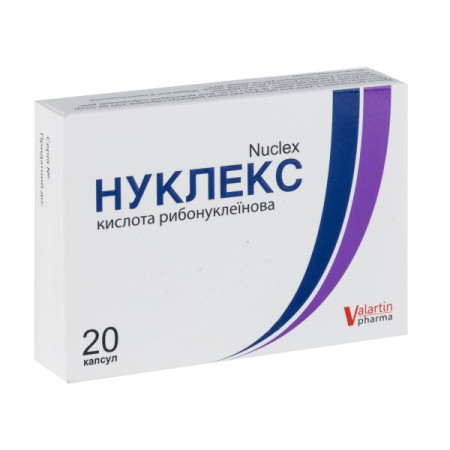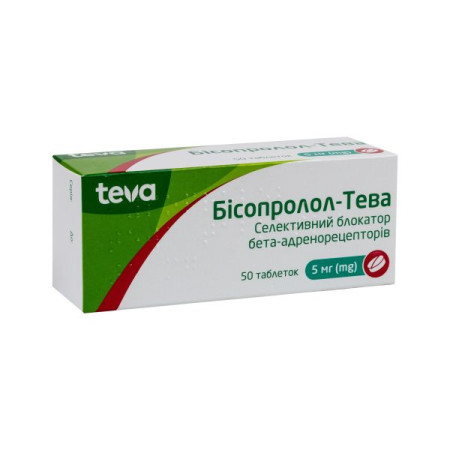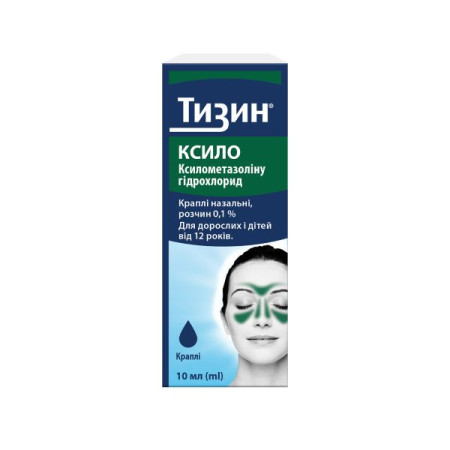Escuzan Long extended-release capsules 50 mg No. 60

Instructions for Escuzan Long extended-release capsules 50 mg No. 60
Composition
active ingredient: 1 extended-release capsule contains 240–290 mg of dry extract from horse chestnut seeds (Horse Chestnut Seeds Extract) (4.5–5.5:1) (extractant ethanol 50% v/v), which corresponds to the content of triterpene glycosides in terms of anhydrous escin - 50 mg;
excipients: dextrin, copovidone, talc, ammonium methacrylate copolymer (type A), ammonium methacrylate copolymer (type B), triethyl citrate;
capsule shell: black iron oxide (E 172), red iron oxide (E 172), yellow iron oxide (E 172), titanium dioxide (E 171), indigo carmine (E 132), quinoline yellow (E 104), gelatin, purified water, sodium dodecyl sulfate.
Dosage form
Extended-release capsules.
Main physicochemical properties: hard gelatin capsules with a transparent green body and an opaque brown cap, filled with spherical granules from light brown to brown.
Pharmacotherapeutic group
Angioprotectors. Capillary stabilizing agents.
ATX code C05CX.
Pharmacological properties
Escin, the main active component of horse chestnut seed extract, has anti-exudative and vasoconstrictive effects.
Pharmacodynamics
Glycocalyx (mucopolysaccharides) acts as a molecular sieve in the capillary walls: large particles, such as proteins, cannot penetrate beyond the vessels. The blood of patients with varicose veins contains an increased amount of lysosomal enzymes, which, as a result of enzymatic breakdown, damage mucopolysaccharides, and, as a result, the “molecular sieve” of the vessel walls becomes permeable to large particles (proteins). As a result, under the influence of osmotic pressure, water leaves the vessels into the extravascular space, which leads to the development of edema. Horse chestnut seed extract reduces the activity of lysosomal enzymes in the blood. Thus, the balance between the synthesis and breakdown of mucopolysaccharides, which was pathologically shifted due to lysosomal enzymes, is restored. Pathologically increased vascular permeability due to chronic venous insufficiency is regulated by reducing the permeability of the capillary walls. Thus, a physiological balance is created between the level of filtration and water absorption, which, with increased filtration, leads to the formation of edema due to increased permeability of the vascular walls to macromolecules. Horse chestnut seed extract reduces filtration, which prevents the development of edema, and with prolonged use, due to improved water balance, edema regression is achieved.
Pharmacokinetics
According to previous studies, up to 0.11% of the drug "Eskuzan® long", prolonged-release capsules of 50 mg, is recovered in the urine as unchanged escin after oral administration. Low levels of renal clearance (4.8 ml/min) indicate that the process of excretion of escin after oral administration mainly occurs through biotransformation by the exogenous route, possibly in the blood and liver. Escin can be completely removed from the body by hemodialysis.
Indication
Chronic venous insufficiency:
leg swelling;
heaviness and pain in the legs, itching;
calf muscle cramps.
Contraindication
Hypersensitivity to horse chestnut seed dry extract and/or to any component of the drug. Renal failure.
Special safety precautions
If you experience unusual symptoms in your legs (swelling, skin discoloration, feeling of tightness or heat), as well as pain, you should consult a doctor immediately, as these symptoms may indicate serious medical complications (deep vein thrombosis, i.e. blockage of the veins in your legs by a blood clot).
If you experience skin inflammation, thrombophlebitis or subcutaneous induration, severe pain, ulcers, sudden swelling of one or both legs, heart or kidney failure, you should immediately inform your doctor, as this may be a manifestation of a serious illness.
When used simultaneously with an anticoagulant drug, blood coagulation parameters should be monitored.
During use of the drug, kidney function should be monitored.
All prescribed non-invasive measures should be followed, such as bandaging the legs, wearing support stockings, or dousing them with cold water.
Interaction with other medicinal products and other types of interactions
The drug enhances the effect of antithrombotic agents. Cephalosporin antibiotics increase the concentration of free escin in the blood and the risk of side effects.
The simultaneous use of the drug with aminoglycoside antibiotics should be avoided due to increased toxic effects of aminoglycosides on the kidneys.
Use during pregnancy or breastfeeding
Due to the lack of sufficient data, the use of the drug during pregnancy and breastfeeding is not recommended.
Ability to influence reaction speed when driving vehicles or other mechanisms
The use of the drug does not affect the ability to drive a car or operate machinery.
Method of administration and doses
The drug is taken orally, 1 capsule 2 times a day (morning and evening) before meals. The capsules are swallowed whole, washed down with enough water. In case of minor stomach or intestinal disorders, it is recommended to take the capsules with meals.
The duration of treatment is determined by the doctor individually depending on the severity of the disease and the clinical effectiveness of the drug.
Children.
The drug is not recommended for use in children (under 18 years of age) due to lack of safety data.
Overdose
In case of overdose, the saponins contained in horse chestnut seeds can cause nausea; vomiting and diarrhea, drowsiness, delirium, mydriasis, and possible death from respiratory paralysis after 24–48 hours may also occur.
Treatment: if there is no vomiting and a large amount of the drug has been taken, gastric lavage (e.g. with 0.02% potassium permanganate solution) and administration of activated charcoal are recommended; symptomatic treatment.
Side effects
The frequency of adverse reactions is classified as follows: very common (≥1/10); common (≥1/100 to <1/10); uncommon (≥1/1000 to <1/100); rare (≥1/10,000 to <1/1000); very rare (<1/10,000), not known (cannot be estimated from the available data).
The following undesirable effects may occur:
On the part of the digestive system: infrequently - diarrhea, nausea and vomiting, gastrointestinal discomfort.
From the nervous system: infrequently - headache, dizziness.
From the cardiovascular system: very rarely - tachycardia, arterial hypertension.
From the reproductive system: very rarely - metrorrhagia.
Skin (hypersensitivity reactions): rarely - allergic dermatitis (itching, rash, erythema, eczema); very rarely - severe allergic reactions (in some cases with bleeding).
When using high doses of the drug, nephrotoxic reactions and thrombosis are possible.
Expiration date
3 years.
Storage conditions
Store in the original packaging at a temperature not exceeding 25 °C, out of the reach of children.
Packaging
10 capsules in a blister, 3 or 6 or 9 blisters in a cardboard box.
30 capsules in a blister, 1 or 2 or 3 blisters in a cardboard box.
Vacation category
Without a prescription.
Producer
Esparma GmbH / Esparma GmbH.
Address
Bielefelder Strasse 1, 39171 Sulzetal, Germany.
Applicant
Esparma GmbH / Esparma GmbH.
There are no reviews for this product.
There are no reviews for this product, be the first to leave your review.
No questions about this product, be the first and ask your question.


















